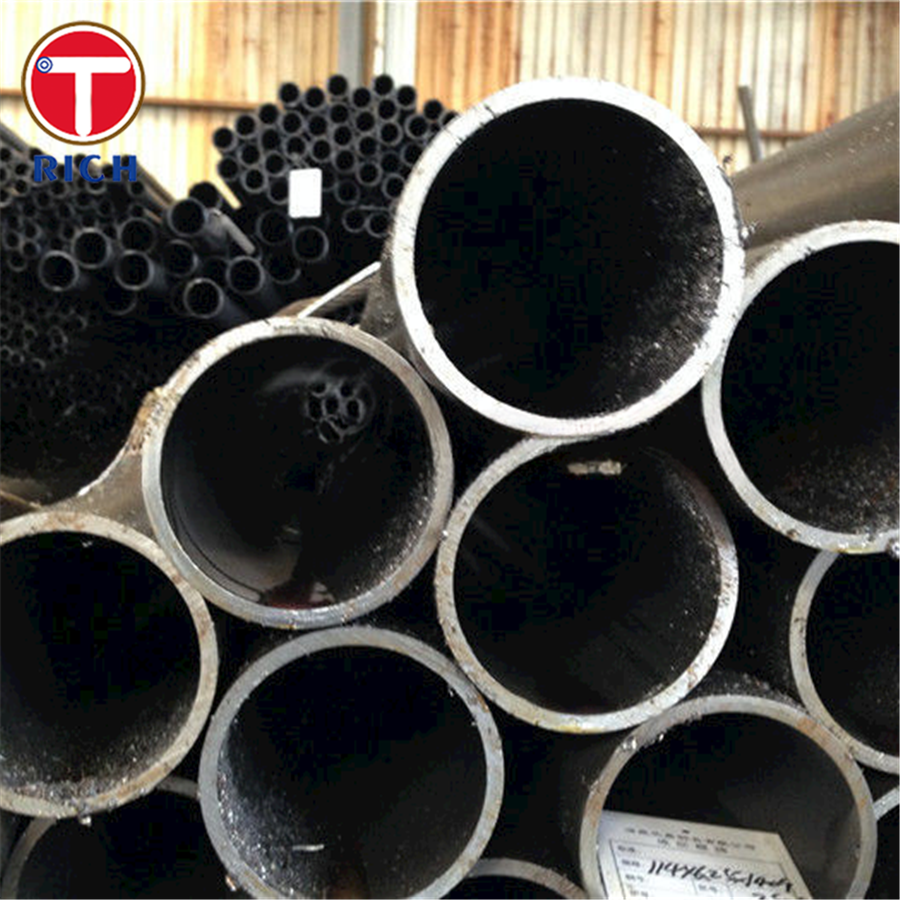
Mr. Richard SHEN
Leave a message
Mr. Richard SHEN
Leave a messageAlloy steel is a type of steel that is composed of multiple elements in addition to iron and carbon, such as manganese, chromium, nickel, or vanadium. It is known for its excellent mechanical properties, including high strength, hardness, and toughness. However, there is a common question among those considering its use: Does alloy steel break easily? In this article, we will explore this query by generating three questions and providing answers to draw a conclusion.
The composition of alloy steel plays a crucial role in determining its strength and resistance to breaking. Different alloying elements interact with iron to enhance specific properties. For instance, chromium improves corrosion resistance, while manganese increases hardenability. By controlling the alloying elements, engineers can tailor the steel's mechanical properties to meet specific requirements, such as high strength or increased toughness. Therefore, a properly designed alloy steel can be resistant to breaking.
Heat treatment is a crucial step in shaping the mechanical properties of alloy steel. The process involves subjecting the steel to controlled heating and cooling cycles. The specific heat treatment technique employed, such as annealing, tempering, or quenching, has a profound impact on the steel's microstructure and, consequently, its toughness. By carefully selecting the appropriate heat treatment process, it is possible to enhance the toughness of alloy steel, making it less likely to break under stress.
Alloy steel finds numerous applications across different industries due to its exceptional resistance to breaking. Here are a few examples:
Automotive Industry: Alloy steel is commonly used in the production of car parts, including crankshafts, gears, and axle shafts. These components require high strength and resistance to breaking due to the high forces and stresses they encounter.
Construction Industry: In construction, alloy steel is employed in structural elements like support beams and columns. These components must withstand heavy loads and potential impacts without breaking, making alloy steel an ideal choice.
Aerospace Industry: Alloy steels play a pivotal role in aircraft manufacturing. From landing gear to turbine blades, these parts must endure extreme temperatures, high stresses, and potential shocks without breaking.
In conclusion, alloy steel, when properly designed and heat-treated, can exhibit excellent resistance to breaking. By carefully selecting the composition of alloying elements and applying the appropriate heat treatment, engineers can enhance its strength and toughness. Alloy steel finds wide applications across industries where high strength and resistance to breaking are vital considerations.

Previous: Is alloy steel good for knives?

Privacy statement: Your privacy is very important to Us. Our company promises not to disclose your personal information to any external company with out your explicit permission.

Fill in more information so that we can get in touch with you faster
Privacy statement: Your privacy is very important to Us. Our company promises not to disclose your personal information to any external company with out your explicit permission.